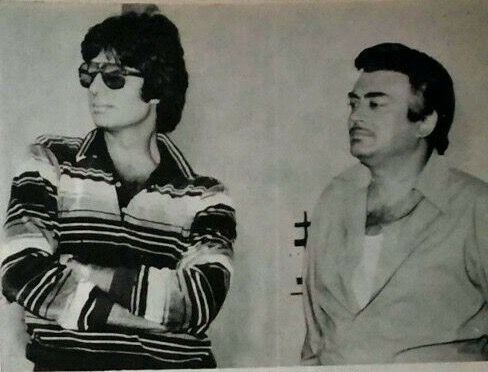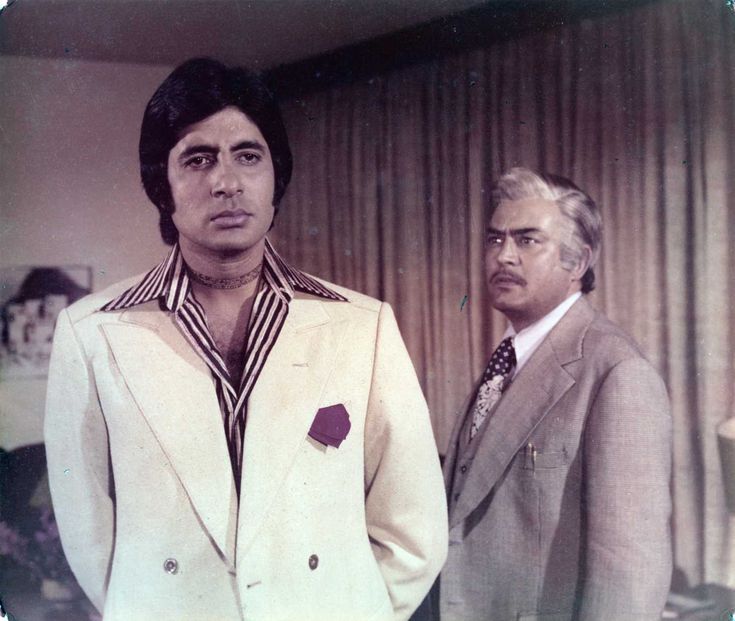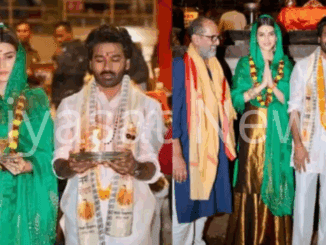
In the golden era of Bollywood, Trishul (1978) stood out not just for its powerful storyline and stellar performances, but also for what went on behind the scenes—particularly when it came to actors’ pay. It’s been revealed that veteran actor Kumar was paid a handsome sum of ₹12 lakh for his role in the film. In contrast, superstar Amitabh Bachchan received ₹9 lakh.
However, this pay gap didn’t sit well with Bachchan. Known for his dedication to every role he played, Amitabh reportedly questioned why he was being paid less than his co-star. According to industry sources and old interviews, Bachchan made his point clear, allegedly saying:
“Industry mein mujhse zyada koi rewrite nahin karta”
(“In this industry, no one rewrites more than I do”).

His comment referred to the immense work he put into shaping and improving his dialogues, scenes, and overall contribution to the film beyond just acting. During that era, actors who went the extra mile to ensure a film’s success often found themselves negotiating their fees, not just based on screen time but on the value they brought to the project.
The anecdote reflects both the competitiveness and the respect actors like Bachchan commanded even during the early phases of their stardom. It also highlights how salary dynamics in the film industry often led to behind-the-scenes debates and demands for recognition.
Trishul, directed by Yash Chopra and featuring a stellar ensemble including Sanjeev Kumar, Shashi Kapoor, and Rakhee, went on to become a box office success. But moments like these serve as a reminder that even in an industry driven by glamour and fame, issues of fairness and recognition were always present.



